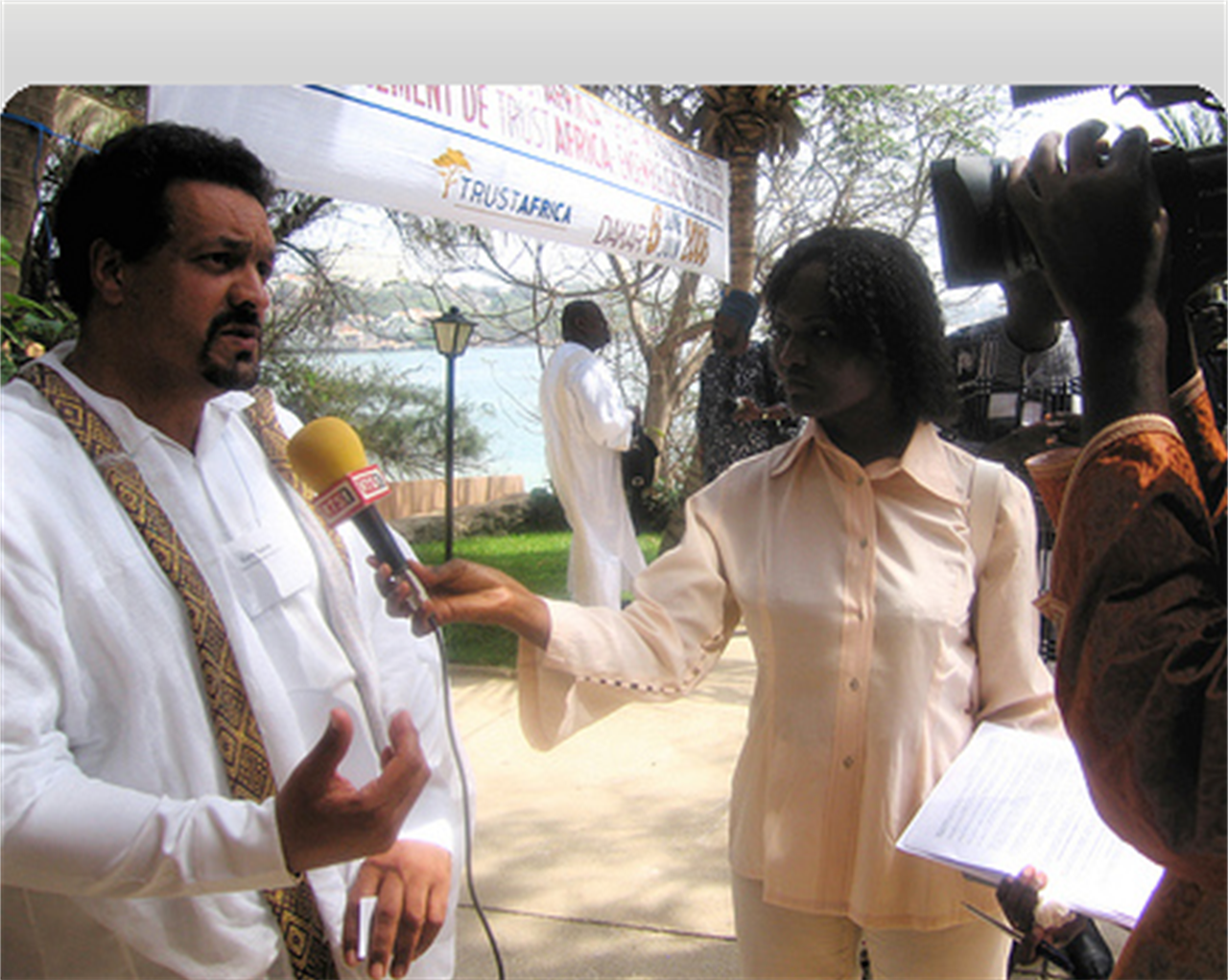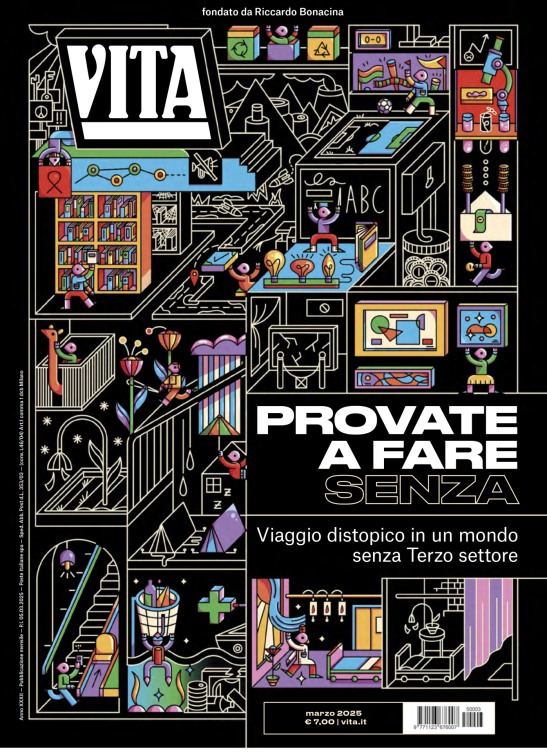Non profit
Foundations come out
Interview with Gerry Salole, chief executive of the European Foundation Centre about the upcoming Foundation Week.
di Staff

by Joshua Massarenti
Discretion has always been one of their signature traits, but today just might be the time to come out of their box. To meet the public and explain who they are, what they do and especially what kind of Europe they need. A Europe that, specifically within its representational ranks, has never seen such a crisis. A Europe that needs its leadership to stand up to the challenge of making the fight against poverty and social exclusion an absolute priority in its political agenda.
Faced with such difficult times, European foundations have decided to play with an open hand. This they will do in Brussels from the next 31 May to 4 June through a Foundation Week, an event which for the first time sees the world of European foundations confront themselves with the general public as well as the main stakeholders (decision makers, NGOs, think tanks, the media, multilateral organisms, EU institutions, etc.).
It will all be done under the direction of the European Foundation Centre (EFC), an independent international not-for-profit association established in 1989 in Brussels which aims to encourage exchanges between European foundations and defend their interests to European institutions.
For Gerry Salole, chief executive of the EFC, the Foundation Week “signifies a necessity of being more transparent, more open to public opinion and to all the stakeholders.”
The event will follow three different axes. “Through the fair and the open debates, foundations will be able to present stakeholders and the general public with the initiatives that they are carrying out. These can go from scientific research on disabilities, from older parts of the population, to immigration, the environment or culture.”
From its own corner, the Annual General Assembly of foundations (AGA), will focus on “relations between foundations and EU institutions with which the question of a European statute still remains open.”
The statute should be a vital instrument that would make trans-border donations as well as foundations activities on a European scale much easier. The dialogue between foundations and European institutions act as a kind of litmus paper for the capacities of all actors involved in the fight against poverty and social exclusion.
“They should work together because alone, you get nowhere.”
To this end, there is no time to lose: with the crisis a threat to all forms of societal politics, a severe wake up call is needed.
“Foundations obviously cannot take over the role of states to preserve welfare states, but they can play a part,” Salole says.
How so?
“European foundations are well-known for the deep roots they have on the ground. They aspire to be aware of citizen’s needs but also to their dreams by offering their own contributions through projects that add serious value. These are traits that European governments do not have and that they recognise in us.
One of our great strengths is our capacity to quickly adapt to the changing historic and geographic contexts we are confronted with. And this is a period in which Europe is destined to change.”
17 centesimi al giorno sono troppi?
Poco più di un euro a settimana, un caffè al bar o forse meno. 60 euro l’anno per tutti i contenuti di VITA, gli articoli online senza pubblicità, i magazine, le newsletter, i podcast, le infografiche e i libri digitali. Ma soprattutto per aiutarci a raccontare il sociale con sempre maggiore forza e incisività.
